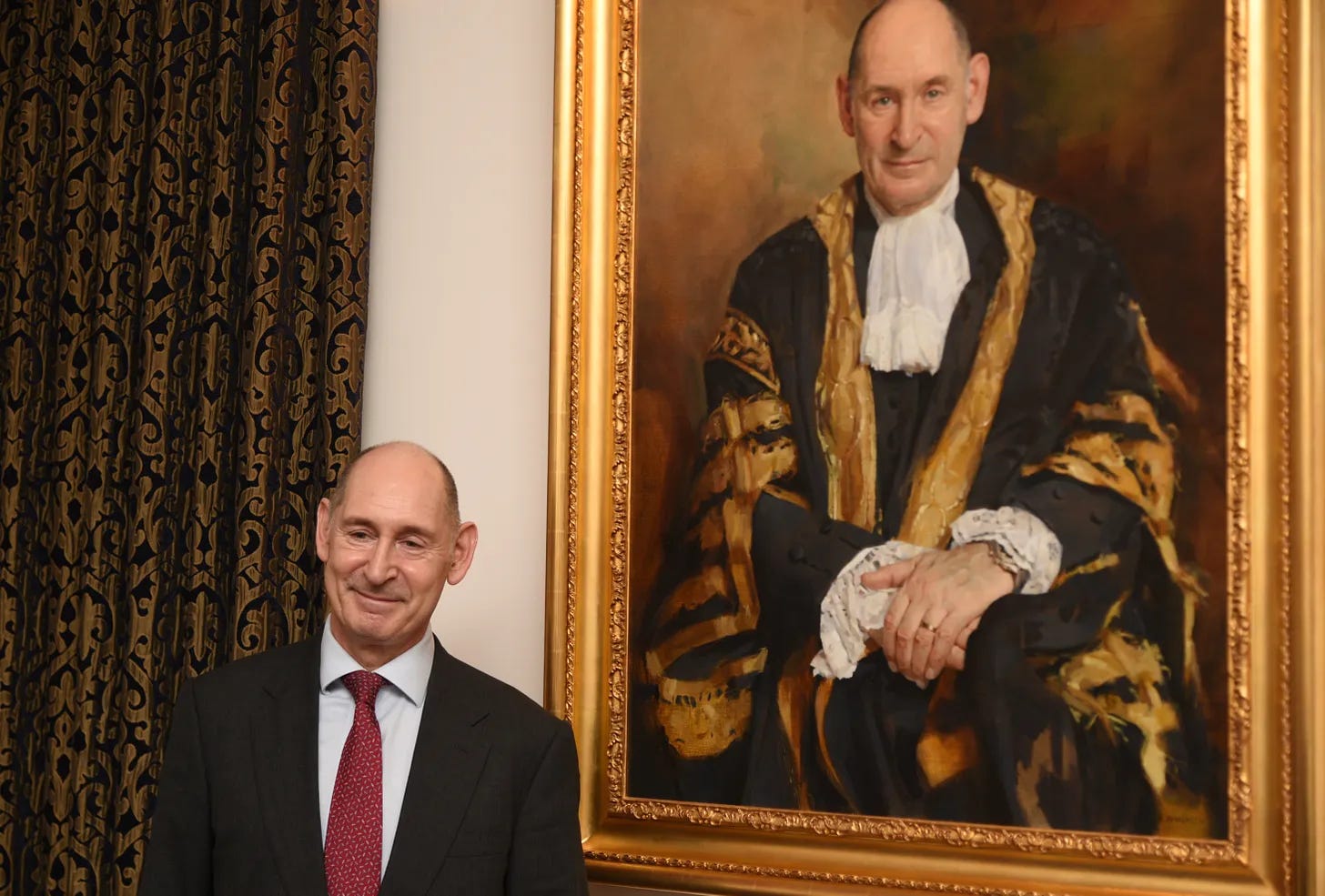Terry Etherton
Former master of the rolls dies at 73
Lord Etherton GBE, a distinguished appeal judge and master of the rolls from 2016 until his retirement at the beginning of 2021, died last night. He was 73.

Announcing his death, the lady chief justice of England and…


